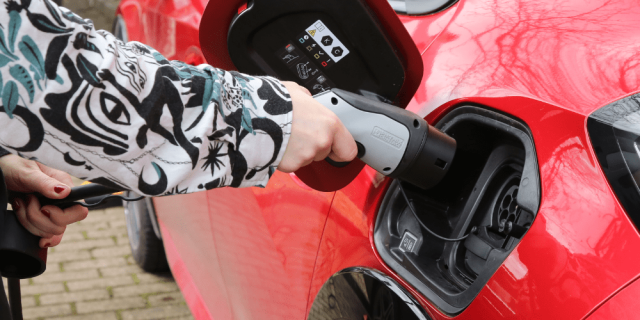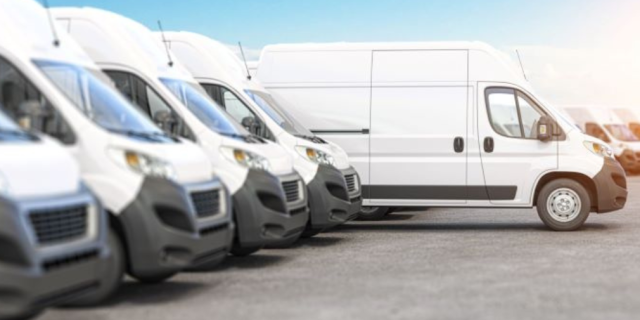
Vodafone UK on track to fully electrify car fleet by 2026
Wed 27/08/25

Solus fleet deal with critical power specialist WB Power Services won by Arval
Wed 12/02/25

Arval STAR: Our Fleet Transformation Consulting Methodology
Thu 30/01/25

Fleets adopting electric vans for higher mileage roles, research shows
Mon 23/09/24

John Peters is new Head of Consultancy at Arval UK
Fri 30/08/24

BNP Paribas and Arval UK support OMODA & JAECOO
Mon 01/07/24

Collision avoidance cited as the most valuable company car safety tool
Mon 17/06/24


